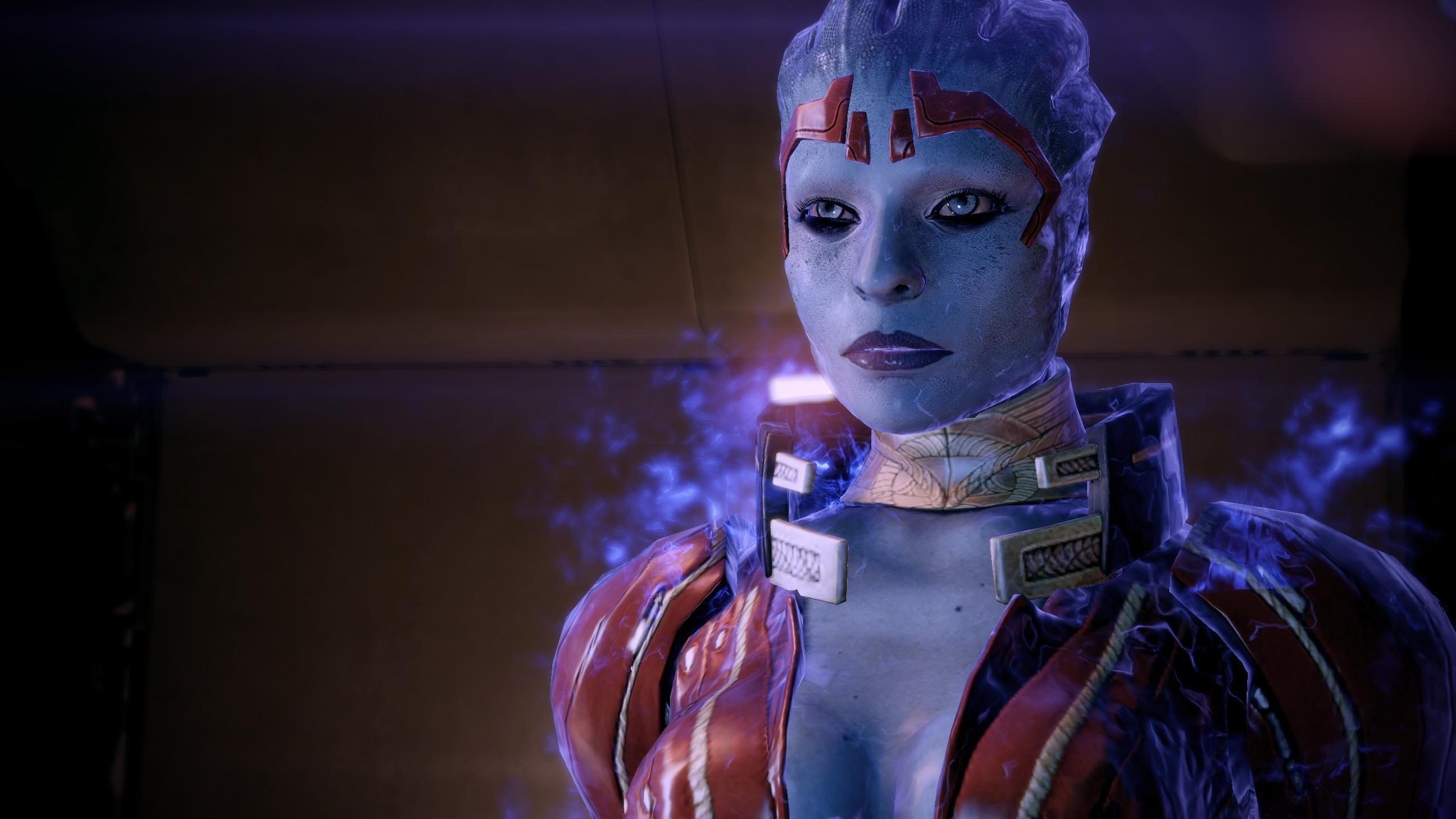
Find all previous PCG Q&As here. Some highlights:
- Where should Assassin's Creed be set next?
- What are the best and worst minigames?
- What does no one understand about a game you love?
"Videogame storytelling" is a movie reviewer shorthand for "bad storytelling" for a reason. It's easy to zone out when story is happening at you, whether it's in a badly paced cutscene or not. Characters explain their deal while you're trapped in a room with them, you get loaded into a multiplayer mission halfway through with no idea what's going on, that one character the designers are way too horny for keeps being shoehorned into scenes.
But when it works, it sticks with you. Sometimes you can go a while without a game's story really connecting, but that only makes it more powerful, more of a pleasant surprise when one does.
Our weekend question is: What was the last game story you really cared about? Here are some of our team's answers, let us know yours in the comments below.
Samuel Roberts: Nier Automata
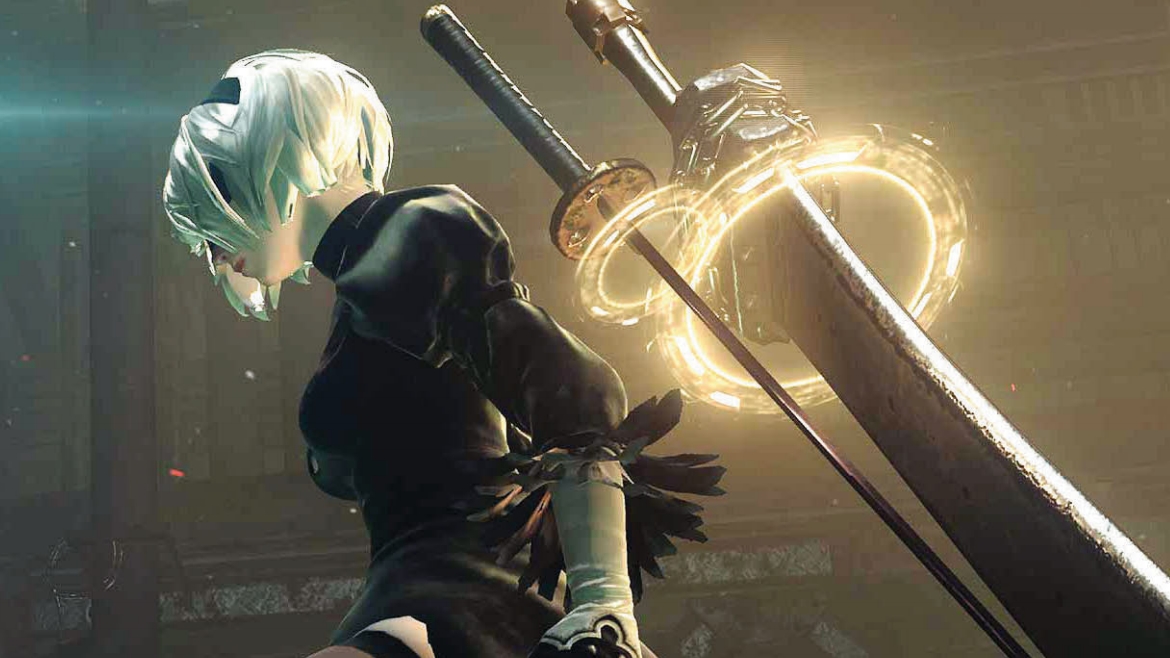
I thought this game was just an excuse to have robot ladies with swords run around in perilously short dresses, but there's a lot to get invested in with Nier Automata's story. The truths waiting to be uncovered about this world—abandoned by humans, who are set to return when the world is safe from killer androids—just killed me, and the various side quests involving androids with thoughts and dreams were incredibly inventive and often affecting, even if it's clear the developers didn't have much money to bring them to life. A sequel to this game with more money behind it could be an all-time great from Platinum and Square Enix.
Joanna Nelius: Life is Strange 2 Episode 3
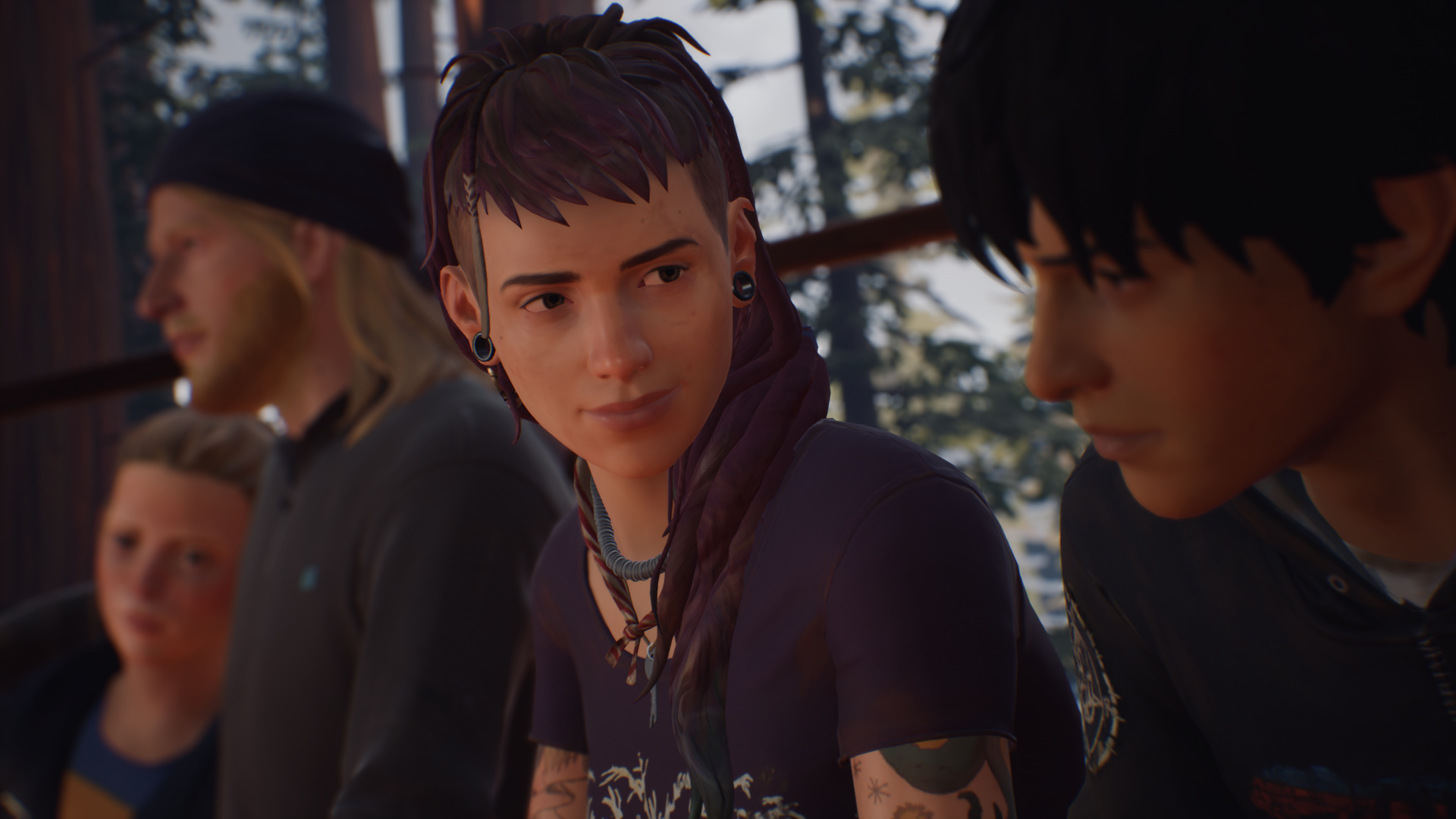
It was easy for me to fall in love with Life is Strange and Life is Strange: Before the Storm. The story, the characters, the art—everything about those games I clicked with instantly. So it was a surprise when I didn't immediately take to Life is Strange 2. There was something missing for the first two episodes, and I still can't quite figure it out, but episode 3 brought it all back for me. By upping stakes for both Sean and Daniel, and introducing a new, well-written cast of characters, it made me feel the same way I while playing the first two games: emotionally invested. I am both excited and scared to see what happens to the two brothers throughout the course of the final two episodes. If the first two games are any indication, it won't be a perfect, happy ending.
Malindy Hetfeld: Everybody's Gone to the Rapture

A lot of games try too hard to make me care, so I don't think I've encountered a game before or since that moved me like Everybody's Gone To The Rapture did. Most of us are lucky enough to be able to avoid thinking about death, at the very least we're not facing it in our immediate future. For a game to create a catastrophe and then show all the different reactions people have when they know, beyond a shadow of a doubt, that they're going to die, is as terrifying as it is fascinating.
Tom Senior: Sekiro, sort of
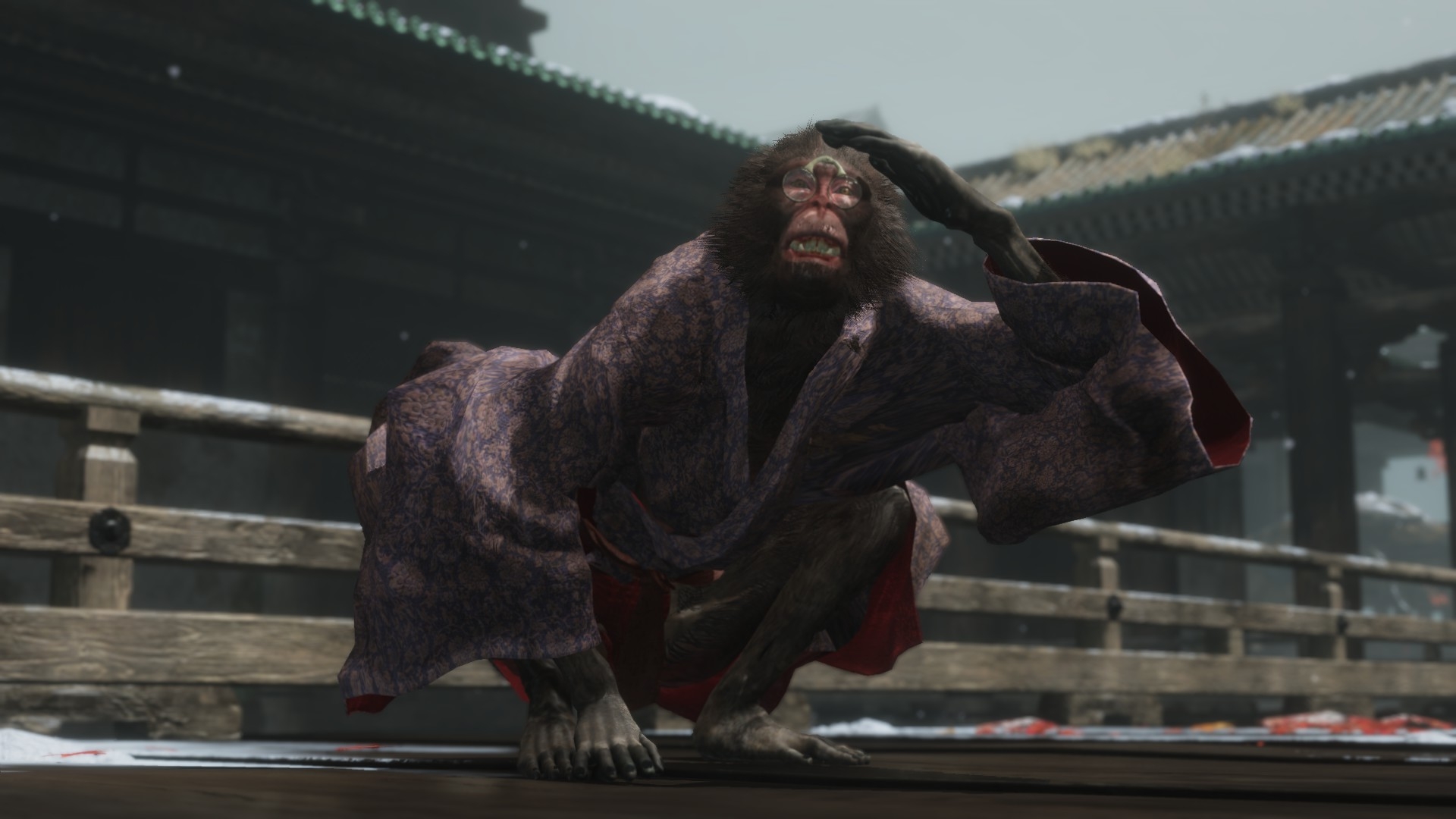
I cared about Sekiro's story, but largely as a puzzle-solving exercise. FromSoft games want you to piece together the narrative from a bunch of scattered item and ability descriptions and the occasional scrap of dialogue. I'm not sure I really cared about the characters though, except for the poor guy I sent into the horror cellar with the bad doctor. Not my proudest videogame decision.
Keep up to date with the most important stories and the best deals, as picked by the PC Gamer team.
Perhaps the last story I really cared about was the Witcher 3's Blood and Wine expansion, which was a really fun adventure and a perfect goodbye to Geralt. Before that it was the Mass Effect series and, to a lesser extent, Dragon Age. Walking Dead season one was brilliant as well. The linking factor between all of these their a television-style presentation of conversations. Perhaps I'm trained to emotionally commit more to that TV framing.
Wes Fenlon: Return of the Obra Dinn

I recently played Obra Dinn obsessively over the course of two days, piecing together the fates of every single member of the ship's crew. It's hardly a conventionally told story, and I'll admit I probably didn't even catch all the details I could've. There's a lot about these characters and their motivations I still don't know. But it was still a joy to piece together the allegiances, the betrayals, and what caused the tragedy of the Obra Dinn. This is a game that knows the resolution to a mystery is rarely the most interesting part, and makes the process of discovering every little scrap of information along the way as rewarding as possible.
Andy Kelly: The Mass Effect trilogy
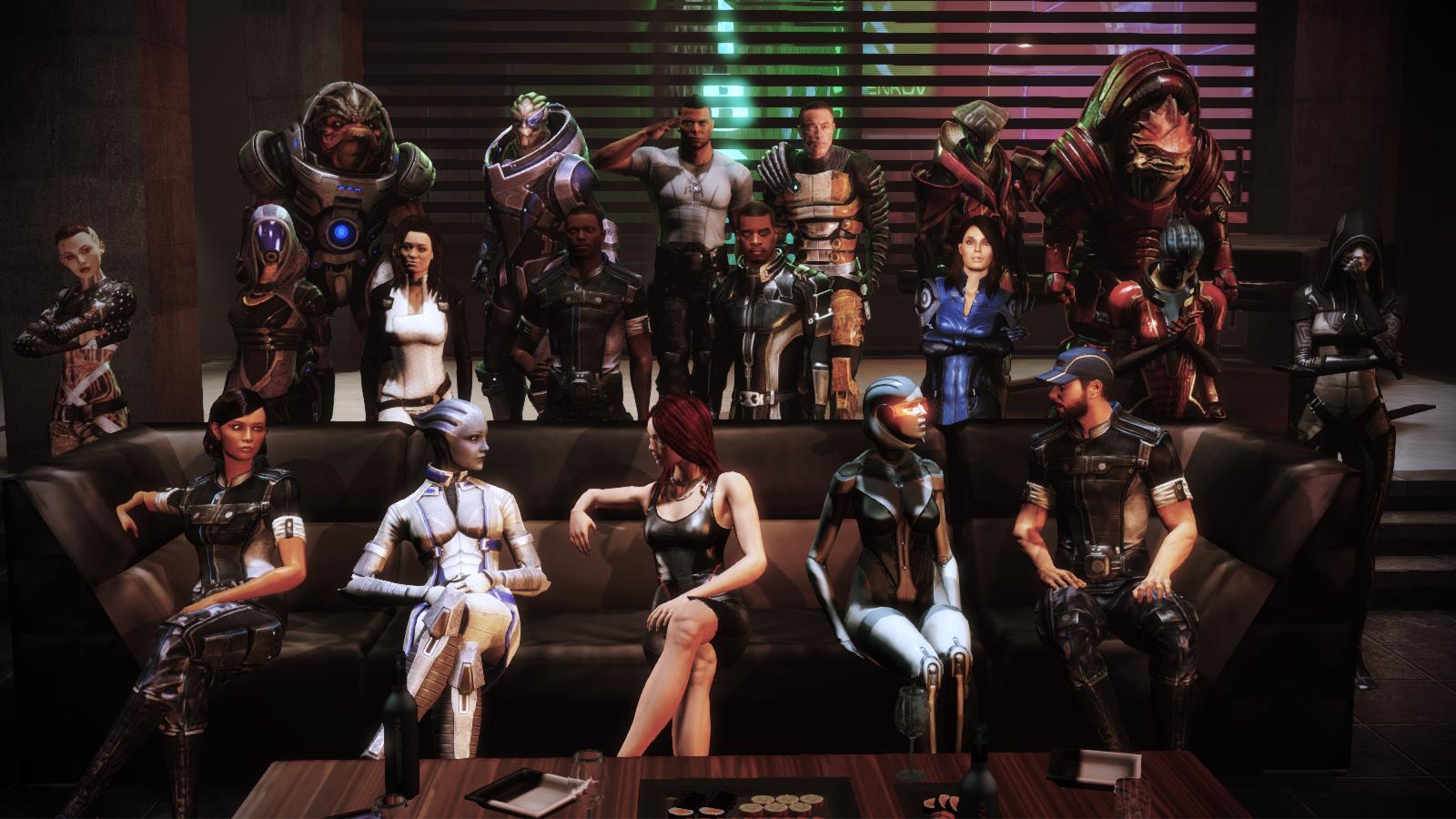
Honestly, the last time I was properly, deeply invested in a videogame story was Mass Effect. Specifically the second game. I remember feeling genuine fear during the Suicide Mission, terrified these characters I'd spent hours adventuring with and getting to know would be brutally killed off. And then I experienced it all over again in Mass Effect 3, which put the survivors through the ringer a second time.
I loved those moments between missions where you could wander around the Normandy talking to your crew mates, digging into their personalities, learning what they thought of the previous mission and the challenges ahead. This gave them so much depth as characters, which in turn made every dangerous encounter extra resonant. And, of course, it helped that pretty much every character was well written and acted. I really cared about these people. Except Tali, because Tali is boring.
Andy Chalk: Prey
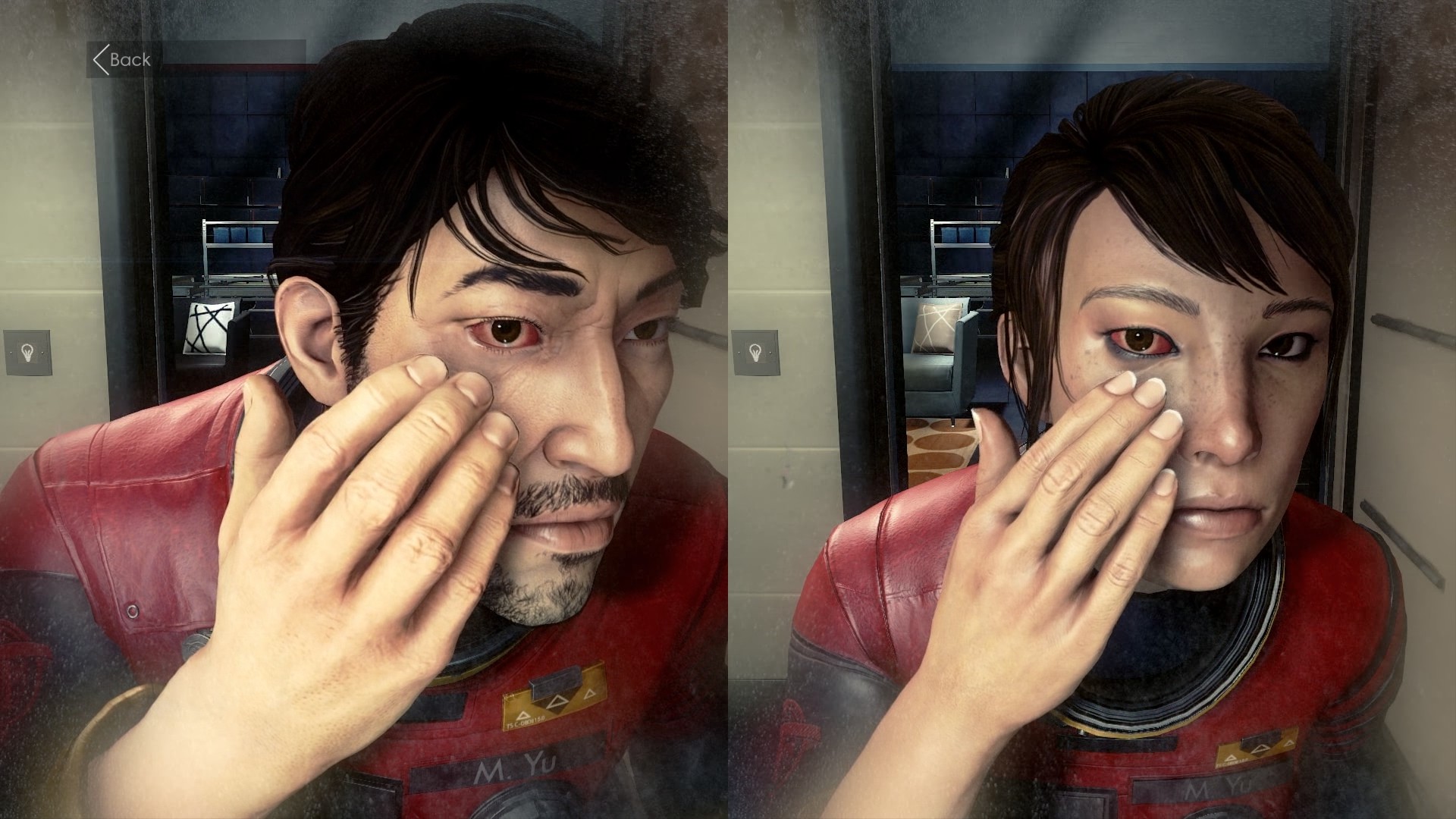
The combat in Prey left me cold. It was perfectly okay, but it never stopped feeling like something I had to do (when I couldn't avoid it) so I could get on with the far more important and interesting business of figuring out what the hell was going on aboard Talos 1. Alex's antics kept me guessing, and I was never entirely convinced that the Typhon were the malevolent force they were made out to be, despite the fact that they were pretty clearly bent on killing me. My hands weren't exactly clean either, were they? Then I finally got to the end, and holy wow. That's the kind of experience I want more of. (It's also why I couldn't be bothered with Mooncrash. I'll wait for a proper followup, thanks.)
The collective PC Gamer editorial team worked together to write this article. PC Gamer is the global authority on PC games—starting in 1993 with the magazine, and then in 2010 with this website you're currently reading. We have writers across the US, UK and Australia, who you can read about here.


